Gender equality in the wildlife conservation and climate sector with Robyn James
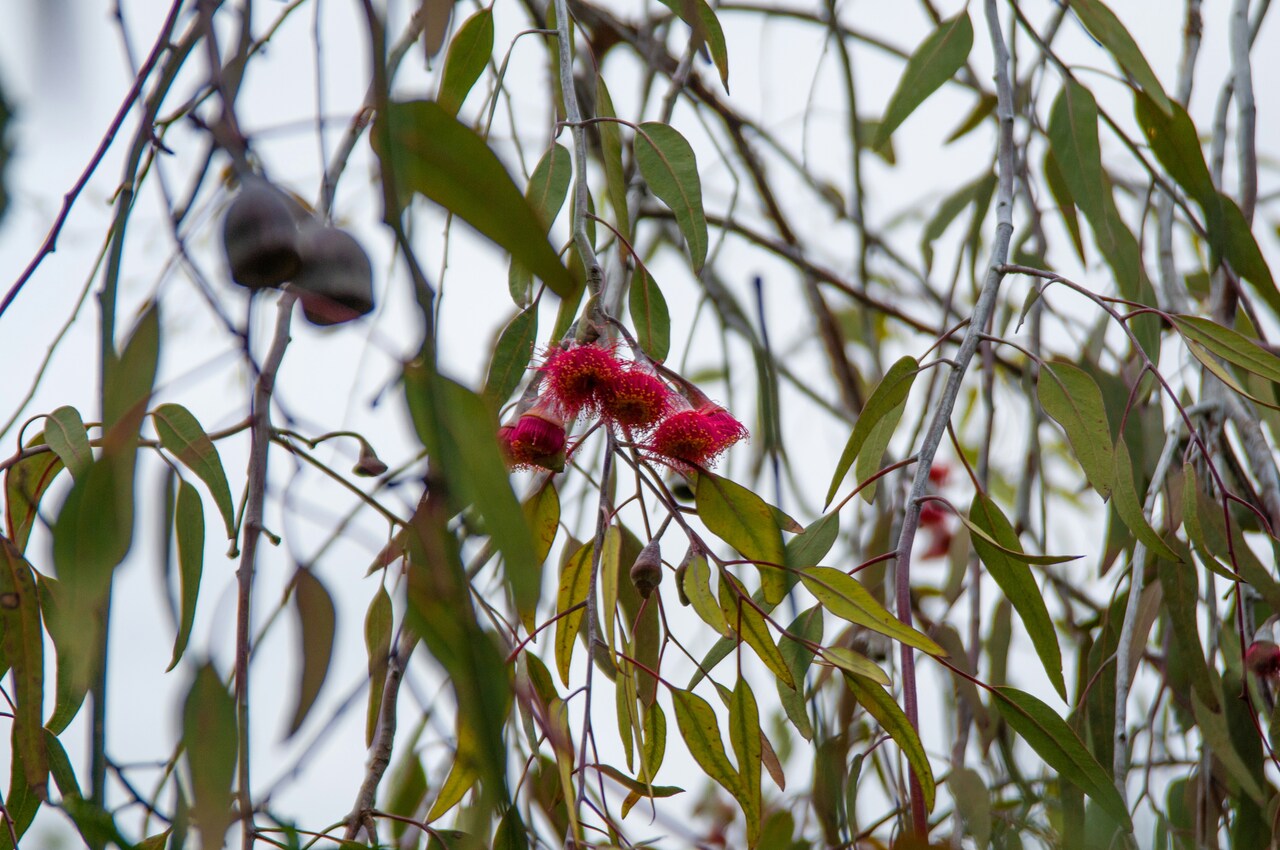
My name is Fleur Morton, and I am a part of WildHub’s Conservation Catalyst programme, which is all about creating engaging content through interviewing experts in the field of nature and conservation about their expertise and experience. I joined this programme as a recent Master’s graduate and am now a Wildlife Conservation Professional trained through WildTeam UK, as well as a member on the Board of Trustees at the RSPCA Cambridgeshire Mid East CIO, who is passionate about the field of conservation and animal welfare, and I love learning all that I can from inspiring professionals in this field while I progress my career. I have a lot of experience in researching many animal species from my Master of Animal Behaviour Psychology, and am now progressing my career in wildlife conservation and animal welfare. I had the great fortune of having a conversation with Robyn James, Global Director of Gender Equity at The Nature Conservancy, about her career journey and important work in gender equity in global wildlife conservation. She shares her journey working in gender and social equality in the wildlife conservation and climate sector, her vision for the future of this field, and advice for early career professionals. Please find this conversation below.
Fleur: Can you tell me a bit about yourself? How long have you been working in wildlife conservation and what made you pursue a career in this area?
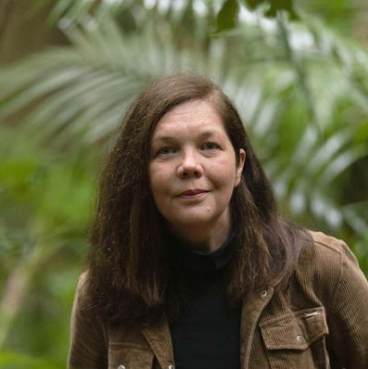 |
Robyn: I've been in this field for decades now. Originally when I was a child I wanted to be an animal vet. I didn't know any other ways you could have a career with animals and I have always loved animals and nature. I didn't get high enough marks to train to become a vet, so I took science and planned to carry that over, which is what a lot of people do, but I didn't improve my score at university and ended up becoming more and more interested in ecology and humans and wildlife and the interaction between them. I'm really glad that I didn't get into a vet programme in the end because my career has become incredibly suited to me and I feel really grateful for where I am now. |
Fleur: What inspired you to specifically pursue a career in the social and gender equality side of this sector?
Robyn: I think it's hard to specify all of the things that led me here, but there have been some key moments that have definitely shaped my career and outlook. One of them was my experience in my first job, I started out as a wildlife ranger in a really remote area of Australia, quintessential outback Australia, and I found that experience really hard as a woman. I was really young, early in my career and the only woman there and I was working surrounded by seasoned men in the field. I found the gender inequality really confronting, and I felt like I wasn't good enough. There was this idea that I couldn't do the work, and that attitude was really exhausting to be around. I ended up getting another job back in Brisbane after that, with the park service still, but a different role. I was around different people and the misogyny and gender inequality wasn't so stark and overt, and I just remember feeling so relieved, and sleeping really well, and it really hit me how difficult these jobs can be when you are facing gender inequality.
It really hit me how difficult these jobs can be when you are facing gender inequality” - Robyn James, The Nature Conservancy
Fleur: What does an average work day look like for you?
Robyn: I have a global role, as the global director of gender equity across the whole organisation in The Nature Conservancy. My days are varied. I do everything from developing and implementing strategy and projects, research, management, public speaking and fund raising. We have 6,000 staff and we are based in over 80 countries, so that necessitates working with multiple time zones and many meetings. For example, today, my day started before 7am with calls for the US time zone and then at the end part of the day there were calls with Europe and Africa. At the end of the day, conservation and equity and everything I do is about relationships with people and that means these connections with people are essential. So I am either on calls, writing, on a plane, or with people in place. It is tricky because we are all trying to minimize our carbon footprint, but so much work needs to be done with people in place too. So, as the global director overall it is a lot of connecting with people and nature in a lot of different places. I always make sure I have a walk in nature in the middle of the day as well to connect a bit more with the work I'm doing too.
Fleur: How do you feel progress is moving in terms of gender equality and conservation?
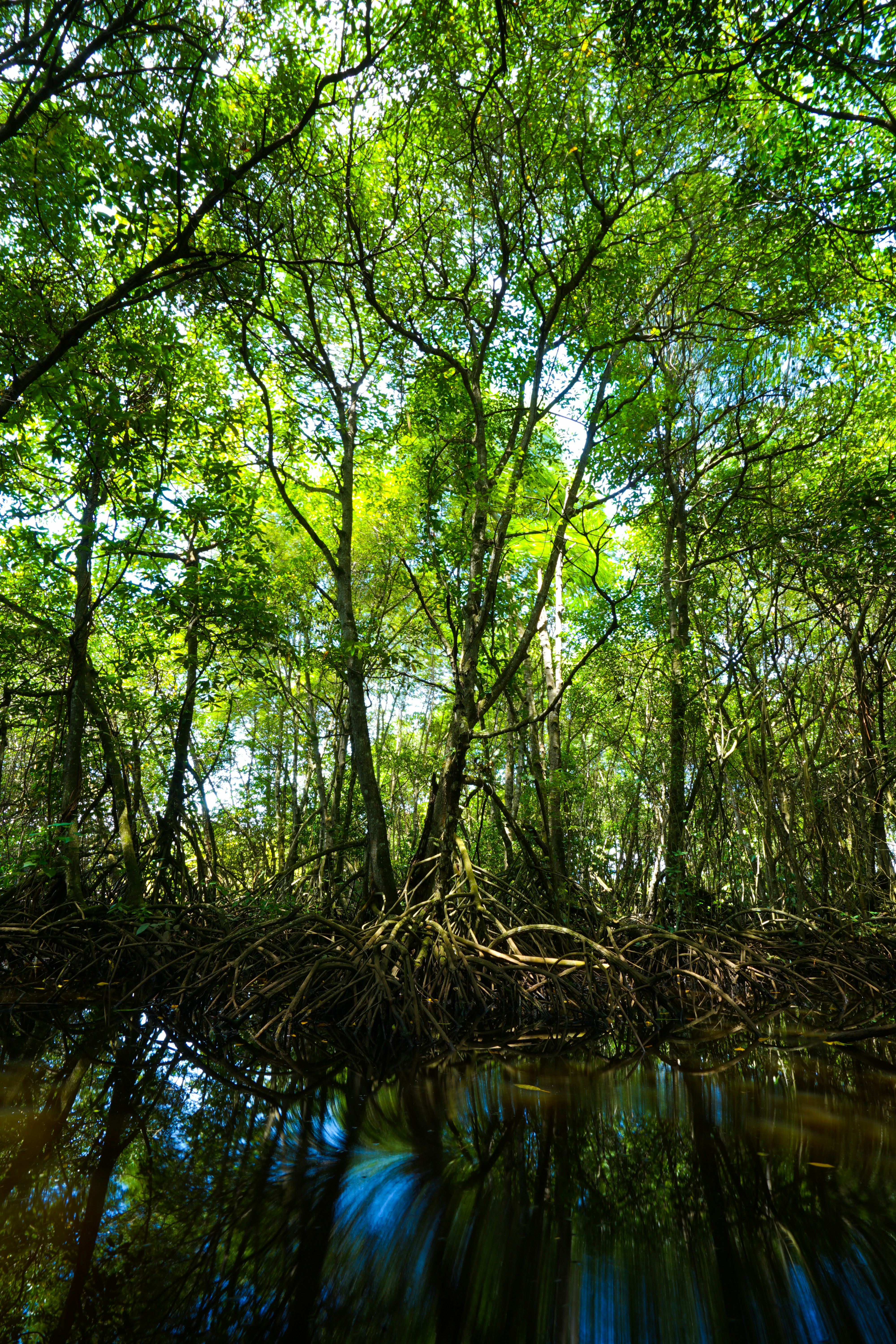 |
Robyn: I do think it's moving in the right direction. Ten years ago a role like mine probably wouldn't have existed in the conservation field and I think that is a sign of change, leadership roles such as mine are being elevated. Governments are also demanding more from conservation now in terms of human rights and gender equity. Increasingly we see that gender needs to be thought about as a prerequisite for grants and projects. That being said, there is still so much that needs to be done. There is a culture in conservation where people think that because we are doing such great things for the planet that we're automatically thinking of human rights and justice, but that isn't always the case. There can be unintended negative impacts on people from conservation efforts, and it is my job to remind people to always intentionally consider gender. When we aren't being intentional about gender and social equality we may be causing harm. |
When we aren't being intentional about gender and social equality we may be causing harm” - Robyn James, The Nature Conservancy
Fleur: Do you find a lot of cultural differences across your work as the Global Director of gender equity?
Robyn: There is cultural nuance everywhere, of course. What strikes me instead of differences are the similarities across different countries and contexts around issues faced by women. Women do the majority of unpaid labour and care labour in every country, about 66%, and they're also the ones that are most likely to be impacted by domestic and gender-based violence - that is universal, not just in one country. Whether you're a woman in rural Australia or Papua New Guinea, there is a risk you will lose out if gender is not considered in a climate or conservation project.
Whether you are a woman in rural Australia or Papua New Guinea, there is a risk you will lose out if gender is not considered in a climate or conservation project” - Robyn James, The Nature Conservancy
Fleur: How do you feel equality in conservation compares to other fields?
|
|
Robyn: I think in this field there is a feeling that because we are green that means we are socially progressive or get a 'free pass' equality-wise and it really isn't the case. We have the evidence to show this. For example, the majority of authors in conservation science are men, particularly those located in the Global North. Gender inequality is pervasive and that also applies to conservation. |
Fleur: What do you feel have been the highlights of your career so far?
Robyn: I love working with women and gender diverse people. There are so many structural barriers to being included in conservation that when you intentionally remove some of those and help groups that should be at the table to be at the table it can be profound. There are so many spaces that certain groups are denied access to that when they get an opportunity they make the absolute most of it and it is amazing to see. We have done some amazing things, one of which was a Nature's Leading Women Event in 2017 and then again in 2024. In many of the contexts where I was working, women just weren't at the table in conservation, so we curated welcoming spaces and brought women from various countries to Australia. Women were then supported to develop their own big ideas for conservation. It was so exciting to see what we could all do and what the world could look like with these patriarchal barriers removed and when supporting women in their ideas - it was amazing.
It was so exciting to see what we could all do and what the world could look like with these patriarchal barriers removed and when supporting women in their ideas - it was amazing” - Robyn James, The Nature Conservancy
Fleur: What are your goals and visions for 10 years' time?
Robyn: I am really passionate about gender equality being part of the DNA of conservation and climate. So, if I'm not there or a gender diverse person isn't there, gender equality happens anyway. We have work to do on that journey, my vision is for everything to be looked at with a gender lens and it just being how we do business.
I am really passionate about gender equality being part of the DNA of conservation and climate” - Robyn James, The Nature Conservancy
Fleur: What lessons have you learned about tackling complex and sensitive issues across your career?
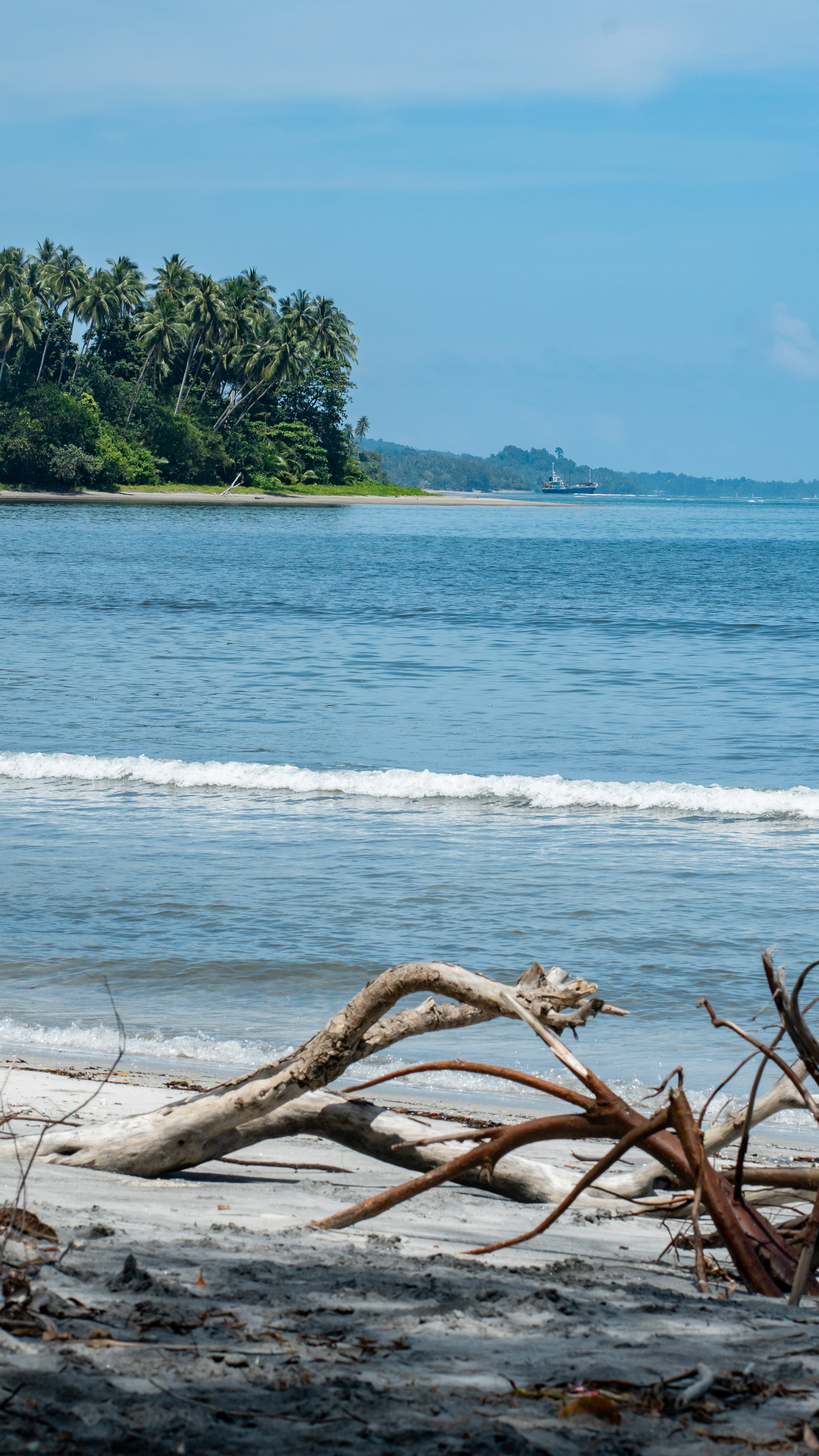 |
Robyn: I think this can apply to any context but always listen more than you speak. Every single person in this world has an incredible story to tell. Sometimes our biggest critics are the ones that have the most to offer you, if you take your own fear and defence away and hear what they are saying. I have been shouted down by a community leader in the Solomon Islands whilst there as a conservation leader. He was worried that conservation may deny a mining development which he felt was an opportunity for his community to access money and employment. I understood. It was all about listening to his perspective and being open and willing to act on that. I would also say something that has helped me, particularly with gaining trust from lots of diverse groups, is that I never promise something that I cannot deliver - that helps no one and it erodes people's trust, and that is very important to me, and a lesson that has served me well. |
I never promise something that I cannot deliver - that helps no one and it erodes people's trust, and that is very important to me, and a lesson that has served me well” - Robyn James, The Nature Conservancy
Fleur: Do you have any advice for early career professionals in this field, particularly women?
Robyn: Yes, a few things. First of all, find your tribe - a cohort of people that support and believe in you. This work can be really hard and you will need people to back you. I have a friend I made at university who always believes in me and that helps me believe in myself. That is so important because you will have detractors, especially if you work at the pointy end of change. I also think it is so valuable to have a sponsor or a mentor that is further along in their career and has some years in the field that can help you to navigate it, and navigate things they have probably been through already, that can be so important. It's a hard gig but I love my work - being at the intersection of gender and conservation and climate is fascinating. When you get women at the table in conservation the whole climate and trajectory changes, so it is so important that we hang in there and keep doing the work.
Being at the intersection of gender and conservation and climate is fascinating. When you get women at the table in conservation the whole climate and trajectory changes, so it is so important that we hang in there and keep doing the work” - Robyn James, The Nature Conservancy
A huge thank you to Robyn James for chatting with me about her incredible work and career in gender equality and wildlife conservation and climate. It was so inspiring and uplifting to hear how she is doing the incredibly important work to turn the tide on social and gender inequality in this sector and to get more women and gender diverse people at the table in conservation, and her visions for equality being part of the DNA of this field. I had such a wonderful time speaking with Robyn, she has an incredible ability of making sure people feel comfortable and as though their voice and story matters, even in a thirty minute conversation.
For more information on The Nature Conservancy, please visit: https://www.nature.org/en-us/
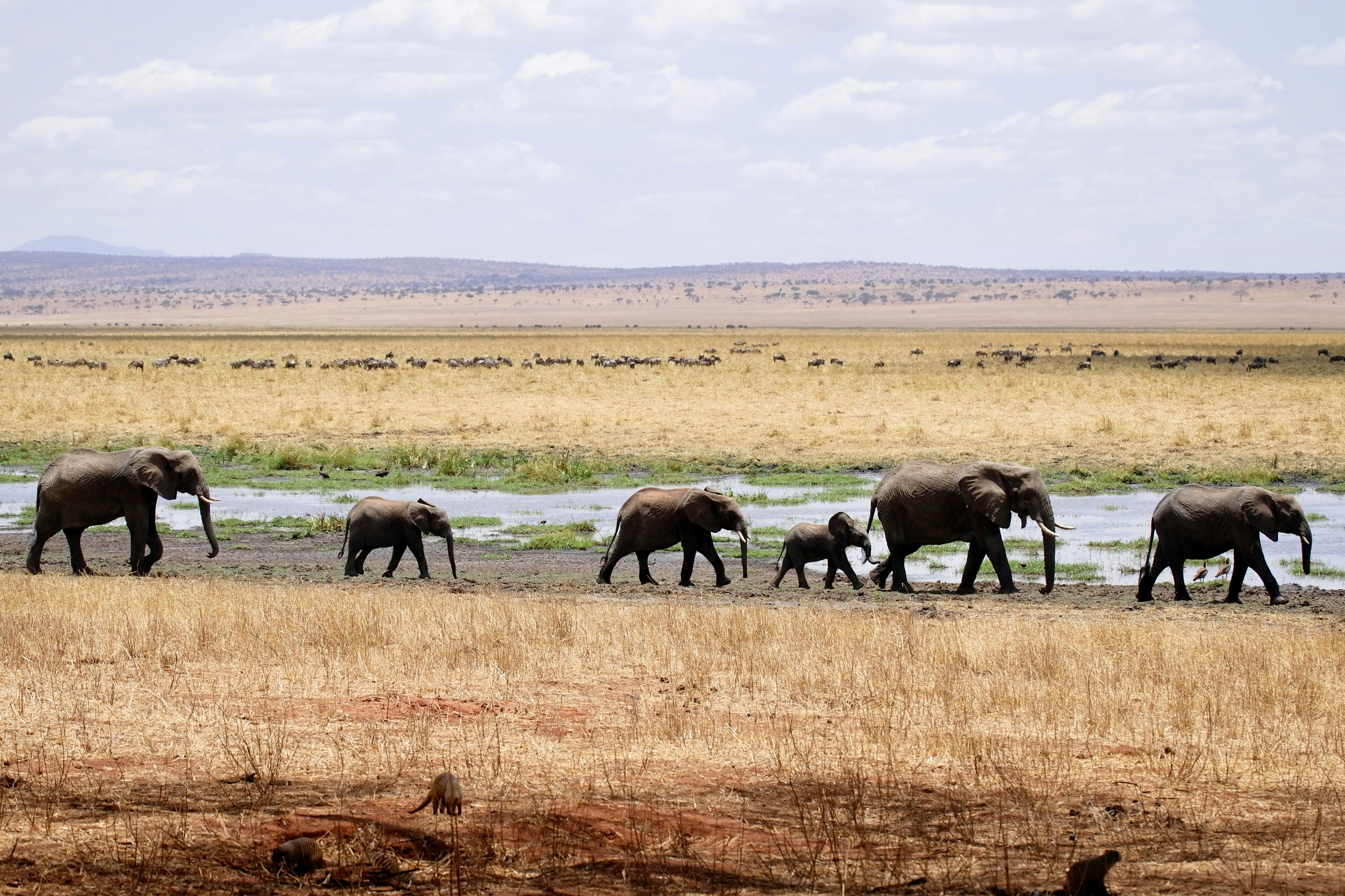
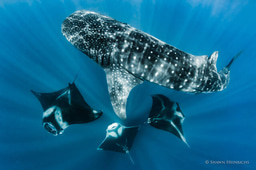
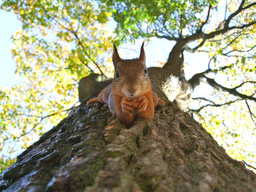
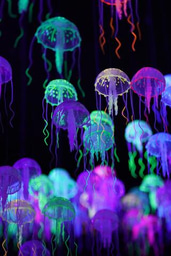
Please sign in or register for FREE
If you are a registered user on WildHub, please sign in
I have always observed and felt that women, even without formal education or conscious thought, are more connected to nature. Maybe we share a similar patriarchal torture, or perhaps inherently we have a gentler as well as a fierce side. So, I truly resonate with her vision of gender equality being part of the DNA. The answer is right there.
Thank you so much@Robyn Jamesfor taking on this difficult task and inspiring me to do so too!